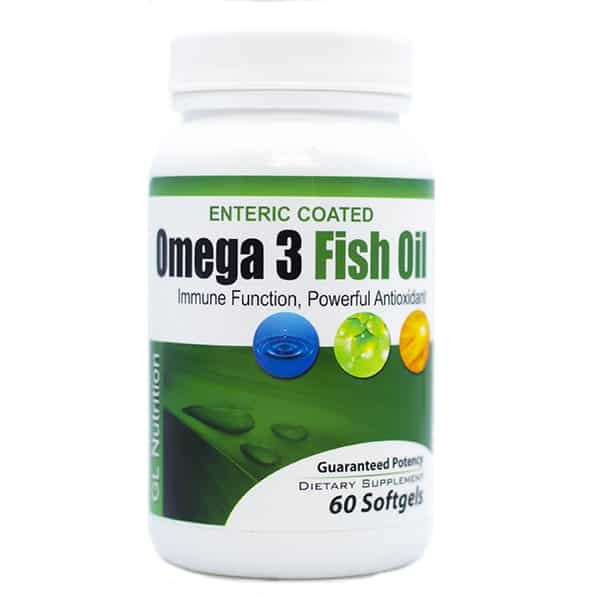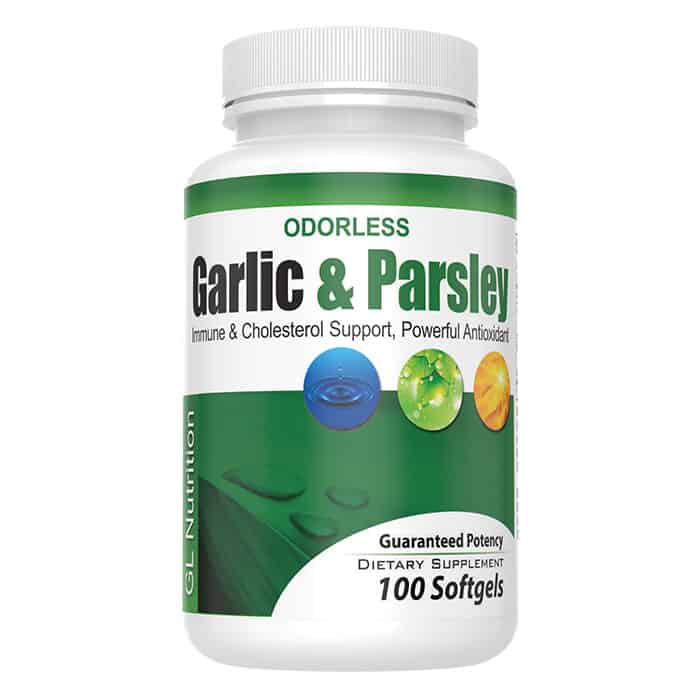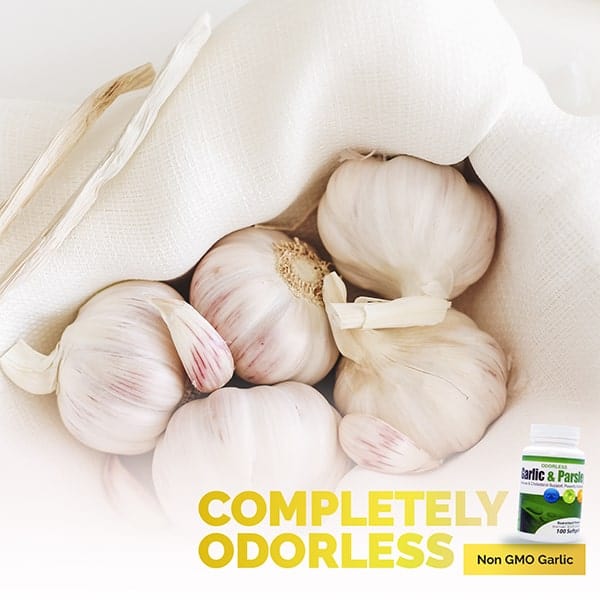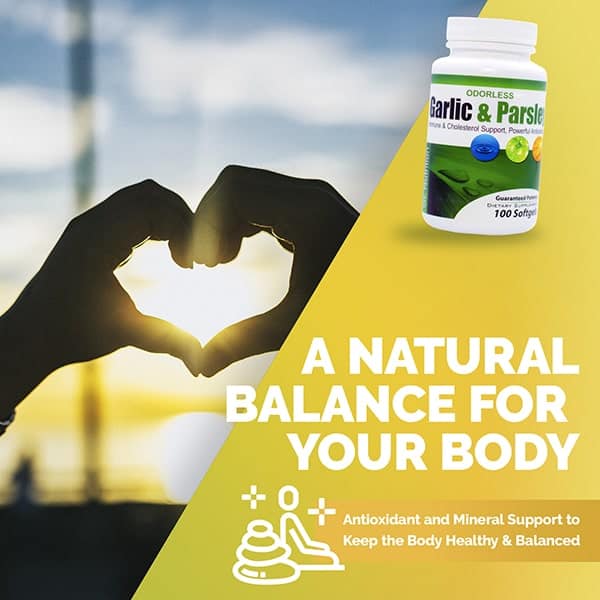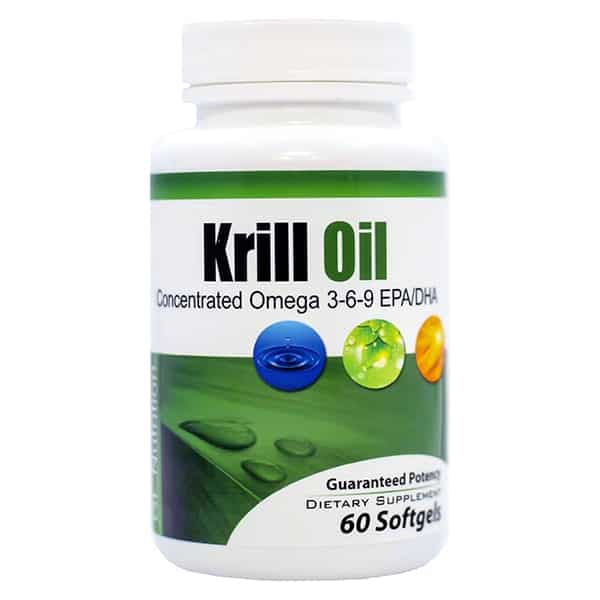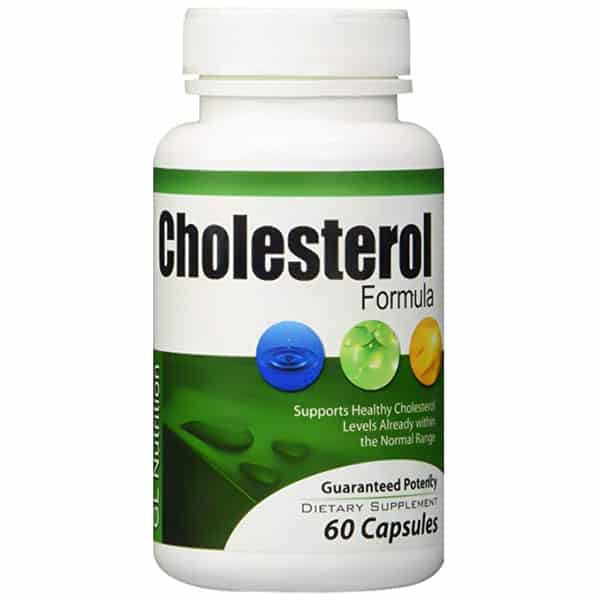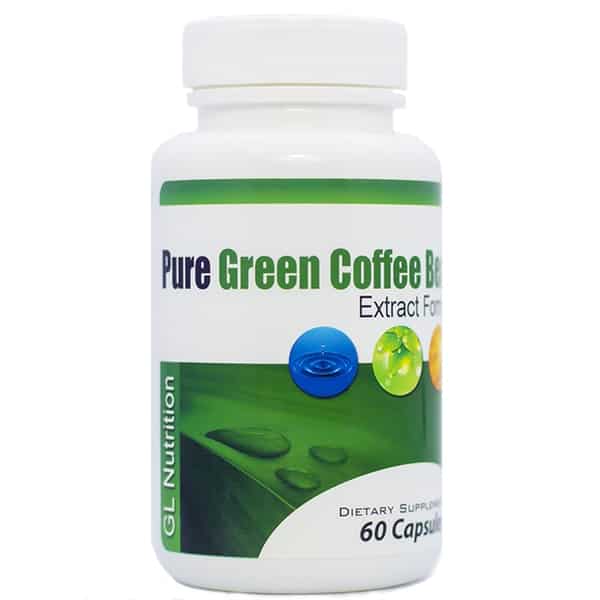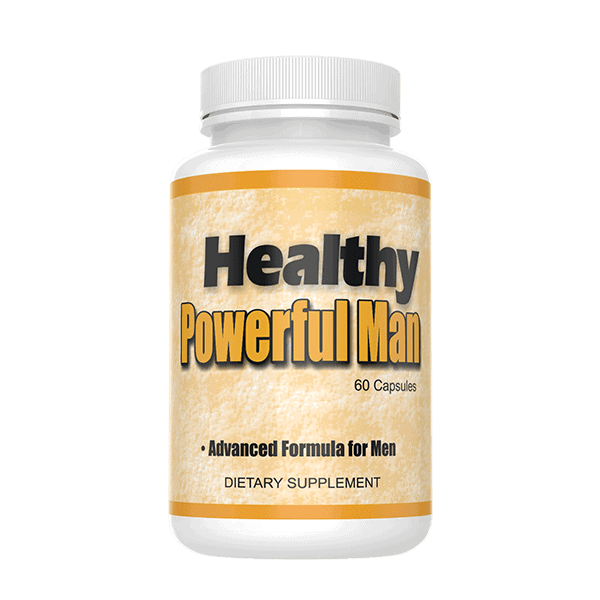Description
These are the surprising health benefits of garlic:
- Anemia: Builds up the blood because it is high in iron. The high vitamin C content assists the absorption of iron.
- Antioxidant: Increases the anti-oxidant capacity of the blood.
- Bactericidal (kills bacteria)
- Glandular support of the liver, spleen, kidneys and adrenal glands.
- Gout
- Immune booster: The high vitamin C, beta carotene, B12, chlorophyll and essential fatty acid content render parsley an extraordinary immunity enhancing food. Parsley is an immune-enhancing multi-vitamin and mineral complex in green plant form and one of the most important herbs for providing vitamins to the body.
- Bad breath
- Baldness: Believe it or not, men even scrubbed parsley onto their scalps to cure baldness—which doesn’t work.
- Blood purifier
- Blood vessel rejuvenation: Maintains elasticity of blood vessels, and helps to repair bruises.
- Diarrhea is greatly helped by drinking parsley tea.
- Digestion: Parsley is an excellent digestion restorative remedy. It improves the digestion of proteins and fats therefore promoting intestinal absorption, liver assimilation and storage. Because of its high enzyme content, parsley benefits digestive activity and elimination.
- Dissolves cholesterol within the veins
- Diuretic
- Ear health: Treats deafness and ear infections.
- Edema: Acts as a diuretic and blood vessel strengthener.
- Fatigue: Parsley is high in iron so helps repair and provides components for better blood cells.
- Gallstones: Helps dissolve them.
- Hormonal support: In women, parsley improves estrogen and nourishes and restores the blood of the uterus. Conditions like delayed menstruation, PMS, and the menopause (dry skin, irritability, depression and hair loss) can often improve.
- Hormone balancing is achieved through the volatile fatty acids contained in parsley. Inhibits tumor formation, particularly in the lungs.
- Insect bites: Rub on to relieve the swelling and itch.
- Jaundice
- Kidneys: Parsley is effective for nearly all kidney and urinary complaints except severe kidney inflammation. It improves kidney activity and can help eliminate wastes from the blood and tissues of the kidneys. It prevents salt from being reabsorbed into the body tissues; thus parsley literally forces debris out of the kidneys, liver and bladder. It helps improve edema and general water retention, fatigue and scanty or painful urination.
- Liver congestion: It enriches the liver and nourishes the blood. Parsley helps reduce liver congestion, clearing toxins and aiding rejuvenation.
- Menstrual irregularity: Parsley helps to make the cycles regular by the presence of apiol which is a constituent of the female sex hormone estrogen.
- Menstrual pain
- Night blindness: Bad eyesight is a sign of Vitamin A deficiency.
- Rheumatism
- Spleen strengthening: The parsley root in particular strengthens the spleen, and can, therefore, treat malabsorption.
- Stamina loss and low resistance to infection, point to a sluggish liver. This can manifest itself in blood deficiencies, fatigue, a pale complexion and poor nails, dizzy spells, anemia and mineral depletion.
- Stomach problems
- Strengthens loose teeth: In the Middle Ages parsley was used for many conditions including ‘fastening teeth’ (Scurvy, which is caused by a Vitamin C deficiency, makes the gums spongy and the teeth loose.)
- Uterine tonic
- Weight loss benefits from being a diuretic

